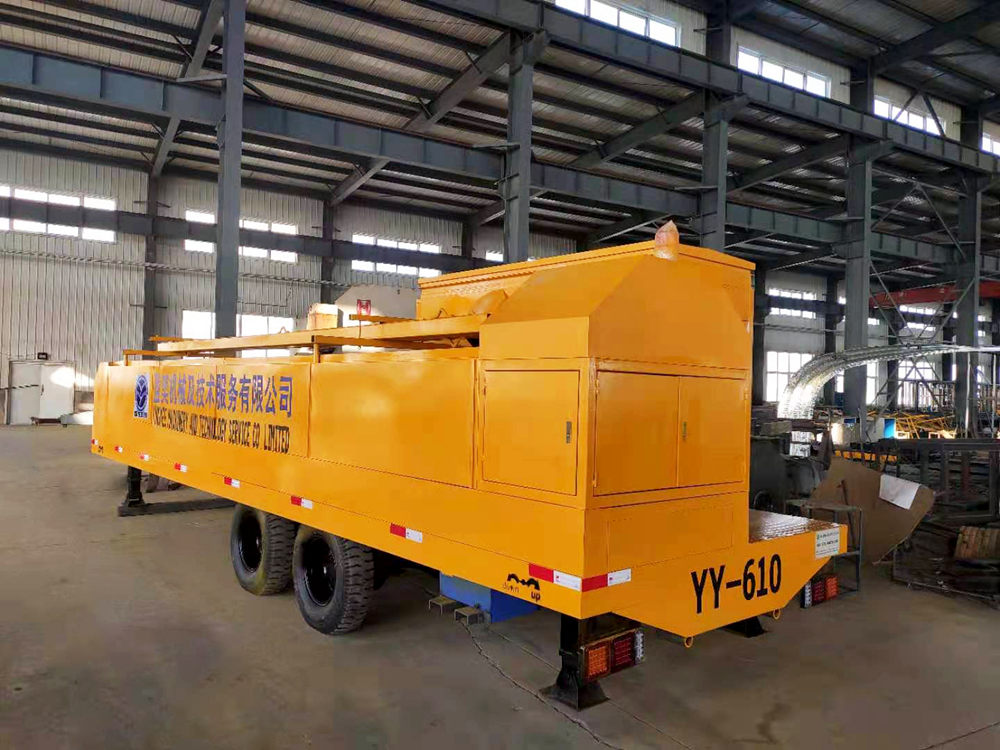
The Innovations in Drywall Roll Forming Machines
In the ever-evolving construction industry, efficiency and precision have become the cornerstones of successful projects. One notable innovation that has significantly transformed the sector is the drywall roll forming machine. This advanced technology is revolutionizing the way drywall is manufactured and installed, and its benefits are becoming increasingly apparent to builders and contractors alike.
What is a Drywall Roll Forming Machine?
A drywall roll forming machine is a specialized piece of equipment used in producing drywall systems. Through a continuous process, it transforms raw materials into finished drywall products, which are then used for construction and renovation projects. The machine takes coils of metal or other specified materials and forms them into precise shapes and sizes necessary for drywall applications. By automating the production process, these machines not only enhance productivity but also ensure consistency and quality in the finished product.
Key Features of Drywall Roll Forming Machines
Modern drywall roll forming machines are equipped with various features that enhance their functionality. Most machines come with computer numerical control (CNC) technology, allowing for precise shaping and cutting of materials. This level of control reduces waste significantly, ensuring that materials are utilized efficiently. Additionally, many machines are designed with quick-change capabilities, enabling operators to switch between different drywall profiles with minimal downtime, thus increasing overall productivity.
Another crucial feature is the integration of automatic feeding systems. These systems allow for the continuous feeding of raw materials into the machine, streamlining the manufacturing process and helping maintain a steady production flow. This feature is particularly beneficial in high-demand environments where quick turnaround times are essential.
The Benefits of Using Drywall Roll Forming Machines

The use of drywall roll forming machines comes with numerous advantages. First and foremost, they are cost-efficient. By reducing labor costs and minimizing material waste, these machines can significantly lower production costs. Businesses can also benefit from increased output, as machines can operate continuously with minimal supervision, enabling the completion of large projects in shorter time frames.
Furthermore, the accuracy and consistency achieved with these machines lead to improved quality control. Uniform drywall products not only enhance the overall appearance of construction projects but also ensure better performance in terms of insulation and soundproofing capabilities.
In addition to cost savings and quality enhancement, drywall roll forming machines also cater to the growing demand for customized solutions. As construction trends evolve, clients are increasingly seeking bespoke drywall products that fit unique design specifications. With the flexibility of modern roll forming machines, manufacturers can easily adapt to these needs, offering tailored solutions that meet customer requirements.
Industry Applications
The applications of drywall roll forming machines span several segments of the construction industry. From residential buildings to commercial structures, drywall is a fundamental component in providing internal partitions, ceilings, and finishing. Additionally, these machines have found usage in producing specialized drywall systems, such as fire-resistant and moisture-resistant variations, enhancing their appeal in niche markets.
The integration of drywall roll forming machines in the supply chain also aligns with the industry's shift towards sustainability. By minimizing waste and using materials more efficiently, manufacturers contribute to more sustainable construction practices, responding to the increasing demand for eco-friendly building solutions.
Conclusion
In conclusion, drywall roll forming machines are a game-changer in the construction industry, bringing efficiency, quality, and customization to drywall production. With their ability to streamline processes and reduce costs, these machines are invaluable assets for contractors and builders aiming to enhance their construction practices. As technology continues to advance, it is likely that we will see further innovations in drywall manufacturing, driving the industry toward even more sustainable and efficient practices. The future of construction looks promising with the continued evolution of drywall roll forming machinery at its forefront.